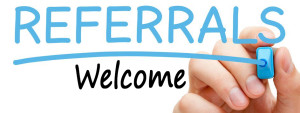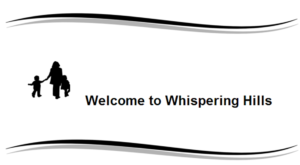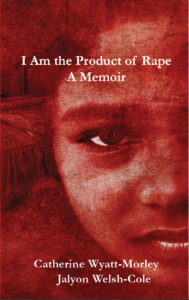
Pregnancy and HIV/AIDS – What You Need to Know
Motherhood is an experience that everyone who wants to, deserves to experience. It is as rewarding as it is life changing, and it is imperative that you are in the best health you can be to start your child’s life the healthiest way possible. What most people don’t realize is that there are ways to get pregnant and not infect your partner or the child. With that said, when embarking on this journey, it is imperative to know that HIV can be spread to your baby during the pregnancy, while in labor, while giving birth, or by breastfeeding. Luckily, you will have many choices to make about lowering the risk of passing HIV to your baby. Just because you have HIV doesn’t mean your child will get HIV. In the United States, before effective treatment was available, about 25 percent of pregnant HIV-positive mothers who didn’t breastfeed and did not receive anti-HIV treatment in pregnancy passed the virus to their babies.
Today, the risk of giving HIV to your newborn is below 2 percent. But you and the baby must get the right HIV drugs at the right times. The steps below can lower the risk of giving HIV to your baby.
- -Get as healthy as possible before becoming pregnant.
- -Start HIV treatment before pregnancy if you need it for your own health. Or, you can start treatment during pregnancy to lower the risk of passing HIV to your baby. If you are already on treatment, do not stop, but do see your doctor right away. Some HIV drugs should not be used while you’re pregnant. For other drugs, you may need a different dosage.
- -Make sure your baby is tested for HIV right after birth. Your doctor or clinic should be experienced in managing babies who have been exposed to HIV. They will tell you what follow-up tests your baby will need, and when.
- -Ask your doctor about starting treatment for your baby right away if your baby is diagnosed with HIV. This may require a number of tests and you may not know until he is 2 to 4 months old.
- -Until you know that your baby is HIV-positive or HIV-negative, ask your pediatric HIV specialist if your baby might benefit from anti-HIV medicines. New research shows that putting a newborn on a 2- or 3-drug anti-HIV medicine plan cuts the infant’s risk of HIV by 50 percent (compared to using one drug only).
- -Ask your doctor about other medicines the baby may need to prevent opportunistic infections until you know for sure whether the baby has HIV.
If you want to get pregnant, or just found out you are pregnant, you need to get to a doctor right away. If you need help finding the resources for you, give us a call and we will be happy to help!






